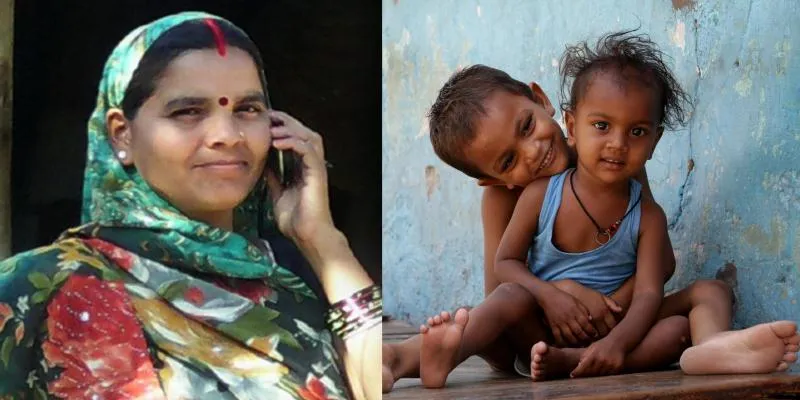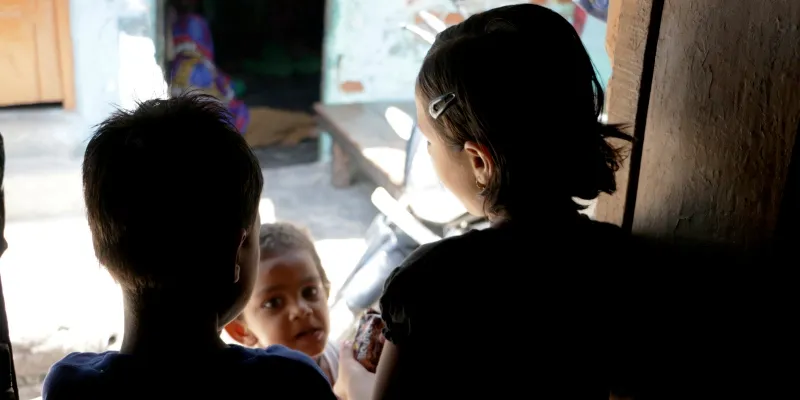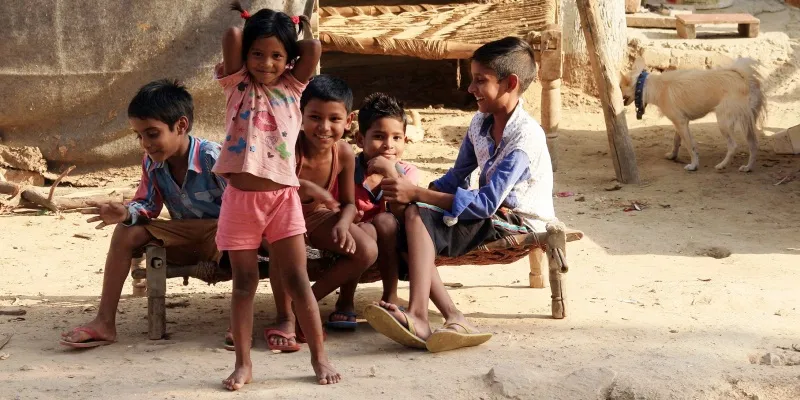This organisation is changing how pro bono legal assistance is accessed by those in need
Working with children, women from slum communities, people who have been rendered homeless, street vendors, and other communities iProbono provides legal assistance in dire circumstances.

A majority in our country find it extremely difficult to afford good quality legal assistance. To add to this, the legal system with its prolonged duration and complex nature victimises the people who are already disadvantaged. And, despite several lawyers wishing to provide pro bono legal assistance, the fact that they lack the exposure to these issues comes in the way of their good intentions.
The story
IProbono India was founded by Swathi Sukumar, 34, and UK solicitor, Shireen Irani, 36, in 2011, with the aim of enhancing access to justice. “As a lawyer in India, I felt a shortage of opportunities to meaningfully engage with the law, for the benefit of people who were disadvantaged or marginalised. With iProbono, we wanted to develop a culture of doing pro bono within the Indian legal profession and wanted to provide all committed lawyers with the opportunity to do more meaningful work,” says Swathi.
The organisation has regional representatives based in London, Delhi, Dhaka, Colombo and Rio. It was founded for the sole purpose of making legal services easy to obtain by the disadvantaged individuals. In 2011, on one of their earliest assignments, they dealt with a HIV-positive single parent who was a pavement-dweller in Mumbai. He was in the last stages of his life and wanted the guardianship of his children to be transferred to a trusted person so that the children would be cared for after his lifetime. The lawyers drafted the guardianship documents and handled the entire legal process to ensure that the children would be in safe hands.

Their first case on behalf of a child who suffered abuse was very significant. Not only were they able to secure conviction of the man responsible for the crime before the Delhi High Court but also able to collect funds to rehabilitate the family. The child that they represented is now a happy eight-year old who goes to one of the best schools in the country. Her parents, both manual labourers, now have regular jobs and the child and the family are slowly but surely recovering from the devastating consequences of the assault.
“Each case that we handle is actually memorable because each client we meet is a picture of strength, resilience, and faith in the rule of law. Each person that we meet has endured serious difficulties in their lives, and meeting them reminds us of the importance of striving for more in the pursuit of justice. Our interactions with these people keeps our work going,” says Swathi.
In 2014, iProbono handled a major case for a child who had suffered sexual assault. They won the case for the child, and realised that there were many more children in need of legal assistance. This pushed them to send out a call for applications, after which 16 lawyers were selected. A panel of lawyers was set up who could provide pro bono legal help to children before the Delhi High Court and Supreme Court.
In the last two years, this panel of lawyers have provided legal assistance to over 32 children from disadvantaged backgrounds. They have renewed the panel this year and hope to be able to serve at least 50 children in the next two years.

Challenges faced and future plans
While the success definitely paints smiles on faces, there are many challenges posed to the rule of law in the country. Their earliest challenge was to identify and partner with professional and reliable non-profit organisations to provide legal assistance to individuals. A lot of time had been spent in understanding how to identify the correct partners who will help reach chronically disadvantaged people. Now, they have strong partnerships with some of India's best non-profit organisations, including those working with children, street vendors, and with slum communities. Their second challenge was to be able to translate the initial enthusiasm within the legal community to do pro bono work, into sustainable engagements that result in positive outcomes. Being quality-conscious, the process of identifying trusted partners that are reliable to represent and advise was needed to be refined. This gained them a lot of success in their cases.
While they have some capable staff members drawn from various disciplines, including law and social work, to be able to retain and attract talent money is required. The members of the staff at iProbono do the critical work of understanding a case and managing the proceedings. This has proved to be a challenge because, as of right now, they are able to provide advice to civil society organisations across India, but are not able to undertake access to justice work in other cities because of funding constraints. Their goal is to have a presence in each state in the country. They have sought crowdfunding for fighting for child abuse survivors.







